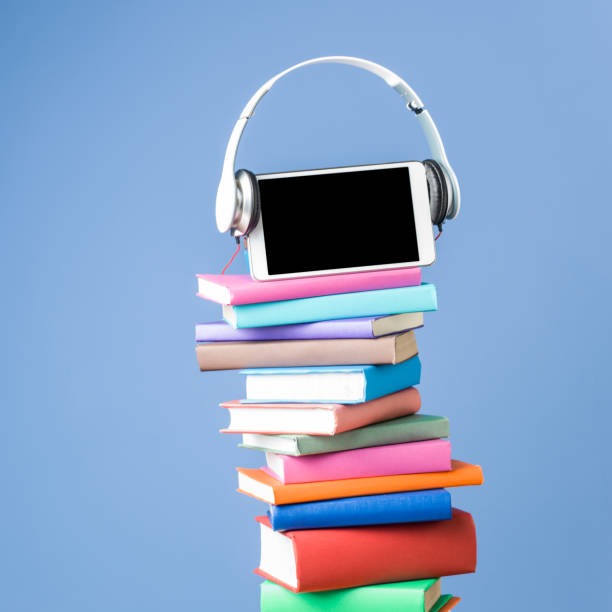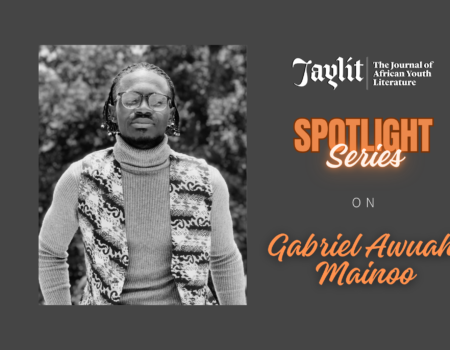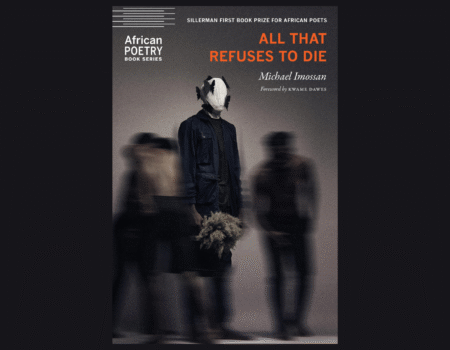Astronomer Carl Sagan once said that to read is to voyage through time, and with the many lives we live through books, who could argue? But as our reading habits evolve, so do the formats we use to consume literature. Whether it’s the comforting rustle of a physical book, the convenience of a digital e-book, or the immersive experience of an audiobook, each format offers something unique.
The Evolution of Reading Formats
Reading has come a long way from the ancient scrolls of 3000 BCE to the modern-day e-readers and audiobooks that fit in our pockets. These advancements in technology have not only made reading more accessible but also connected authors with readers in unprecedented ways.
This article delves into the advantages and disadvantages of each reading format—paperback, e-book, and audiobook—while also considering their future roles in the world of literature. By understanding these formats, we can better appreciate the diverse ways in which we engage with books today.
The Paperback: A Timeless Classic

The oldest of the three formats, the paperback, holds significant value. With origins dating back to 3000 BCE, physical books have always been cherished for their sensory engagement. The smell of a new book, the texture of its pages, and the satisfaction of turning each page make the experience uniquely fulfilling. Moreover, paperback books are collectible items, often displayed proudly by bookworms in their personal libraries.
Pros:
- Sensory Engagement: The tactile experience of handling a book enhances the enjoyment of reading.
- Collectibility: Paperbacks can be collected and displayed, adding to their sentimental value.
- Timelessness: Physical books don’t rely on technology, making them reliable and enduring.
Cons:
- Physical Space: They require storage space, which can be cumbersome.
- Portability: Paperbacks can be heavy and inconvenient to carry around.
- Cost: They are often more expensive than digital alternatives.
E-books: The Portable Powerhouse

E-books have revolutionized the way we read, offering portability and convenience. Accessible on various devices like smartphones, tablets, and e-readers, e-books allow readers to carry entire libraries in their pockets. They also provide customization options, such as adjustable fonts and built-in dictionaries, making reading more personalized.
Pros:
- Portability: Carry thousands of books in one device.
- Customization: Adjust font size, style, and lighting for a comfortable reading experience.
- Cost-Effective: Often cheaper than print books, especially for older titles.
Cons:
- Device Dependency: Reading is limited to the battery life and functionality of devices.
- Eye Strain: Prolonged screen time can cause discomfort.
- Environmental Impact: While they save paper, e-readers have their own environmental footprint due to manufacturing and disposal.
Audiobooks: The Multitasker’s Dream

Audiobooks provide a unique way to consume literature, particularly for those who prefer to listen while on the go. They are especially beneficial for people with visual impairments or those who find it more convenient to listen rather than read. Audiobooks also offer an immersive experience, with skilled narrators bringing characters and stories to life.
Pros:
- Convenience: Listen while commuting, exercising, or doing household chores.
- Accessibility: Ideal for those with visual impairments or reading difficulties.
- Immersive Experience: A good narrator can enhance the storytelling experience
Cons:
- Device Dependency: Like e-books, audiobooks require functioning devices.
- Distractions: It can be easy to lose focus while listening.
- Retention Concerns: Some listeners may find it harder to retain information compared to reading.
The Future of Reading: Inclusivity and Innovation

The future of reading is inclusivity. Authors and publishers are increasingly focused on making books accessible to everyone, regardless of borders, economic status, or physical limitations. Each format—paperback, e-book, and audiobook—caters to different audiences, ensuring that literature reaches as many people as possible.
Publishers and authors are also experimenting with new ways to engage readers, such as interactive e-books and immersive audiobook experiences. As technology continues to advance, we can expect these innovations to play a significant role in shaping the future of reading.
Predicting Future Trends
While it’s challenging to predict the exact future of reading, we can look at current trends to make educated guesses. Surveys and reports indicate that digital formats, particularly e-books and audiobooks, are on the rise. For instance:
- E-books: Expected to reach 1.2 billion users by 2027, with revenues projected to hit $15.39 billion.
- Audiobooks: Gaining popularity, especially for their convenience and accessibility.
However, despite the growth of digital formats, traditional print books continue to be the preferred choice for many readers, especially for long-form reading. The publishing industry is likely to continue adapting to these changes, offering a blend of all three formats to meet diverse reader preferences.
Conclusion: A Diverse Reading Landscape
In the end, the choice between paperback, e-book, and audiobook comes down to personal preference. Each format has its strengths and weaknesses, and each offers a unique way to experience the magic of storytelling. As technology evolves and reading habits change, the future of reading will likely be a rich combination of formats, ensuring that literature remains accessible and engaging for all.
Bongiwe T. Maphosa
Bongiwe Maphosa is a budding author with a passion for storytelling. With her thought-provoking narratives, she takes her readers on a literary adventure. Bongiwe's works on the human condition from a fresh perspective have earned her recognition and publications in the Avbob Poetry Anthology of 2019, The Writer's Club of South Africa 2021, and JAY Lit in 2021. She hopes to cement her place in the literary community.




